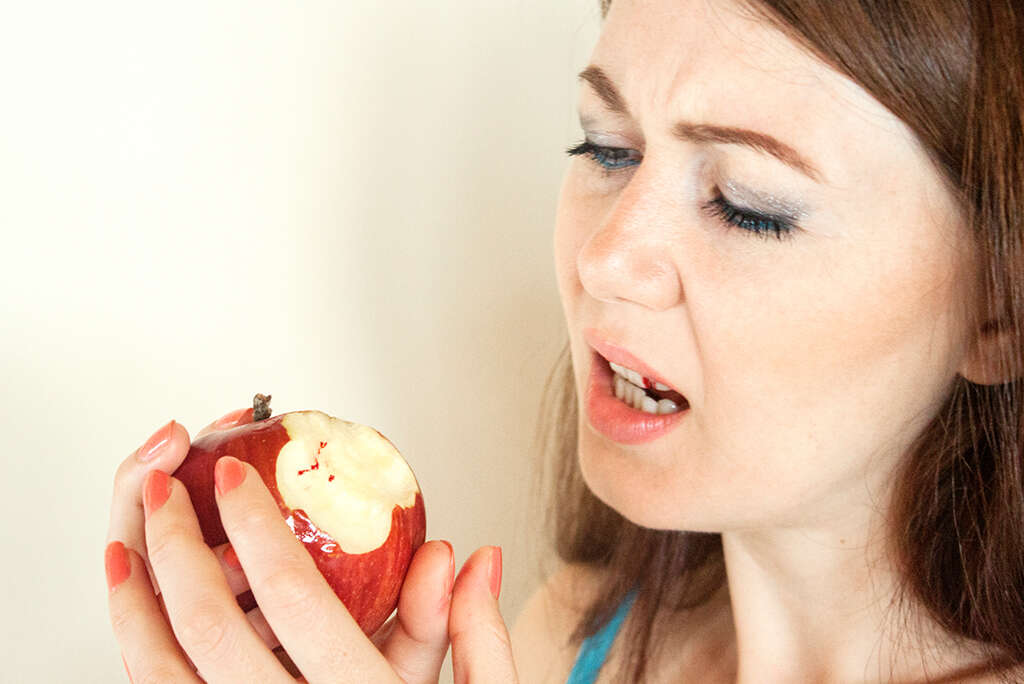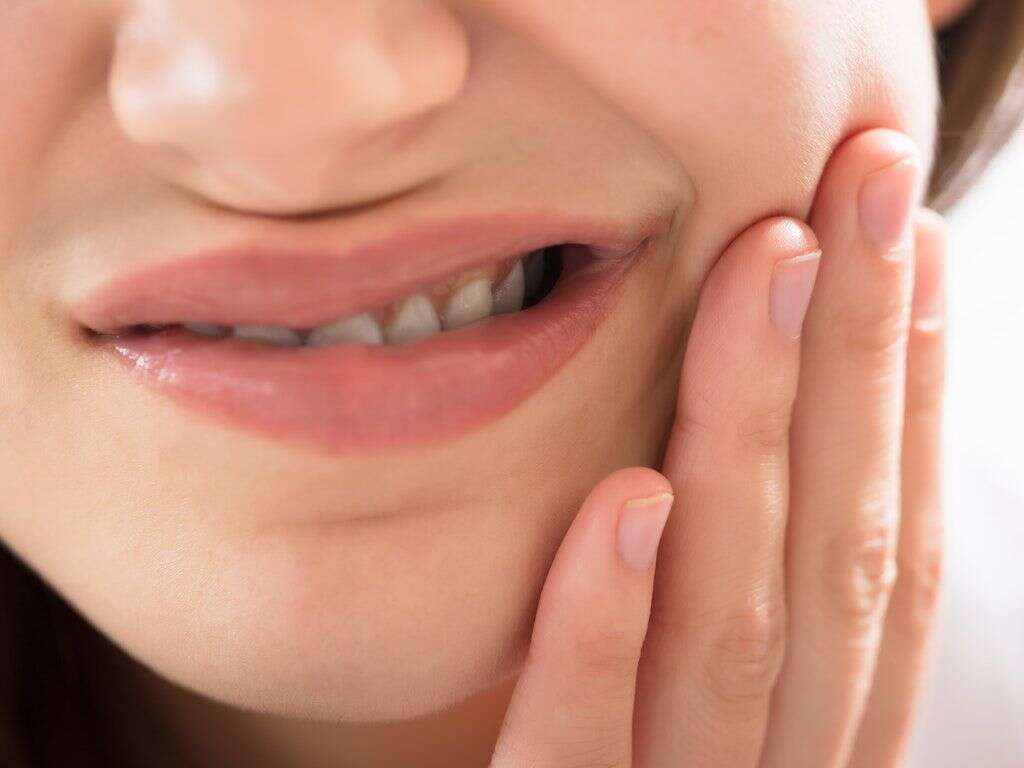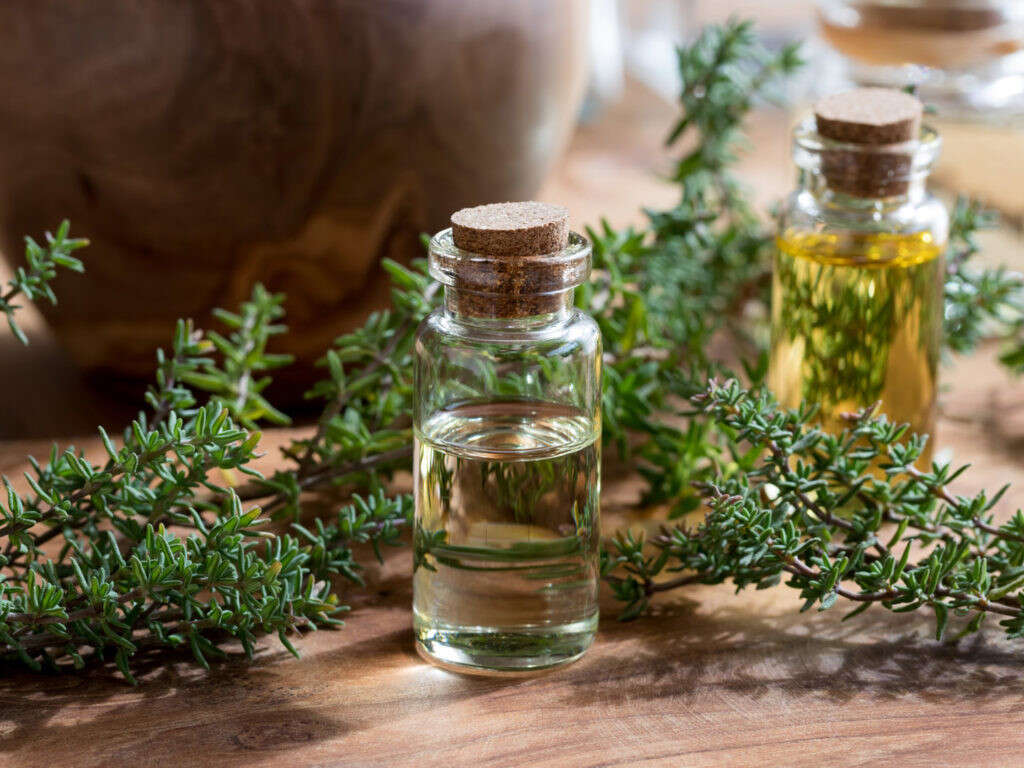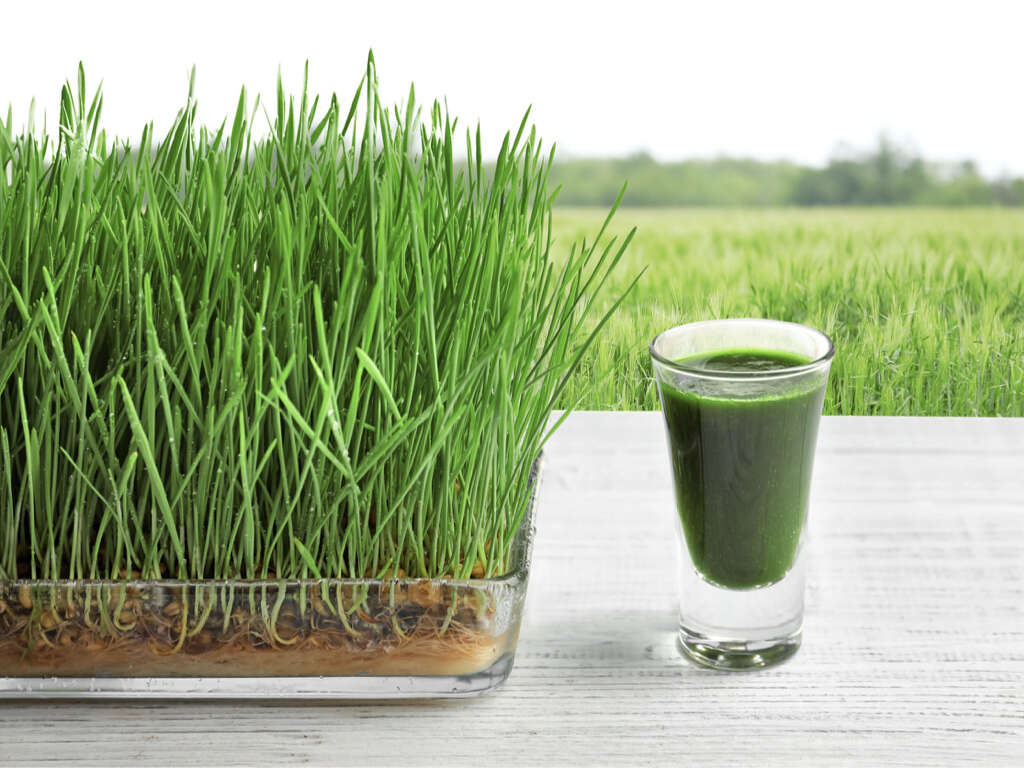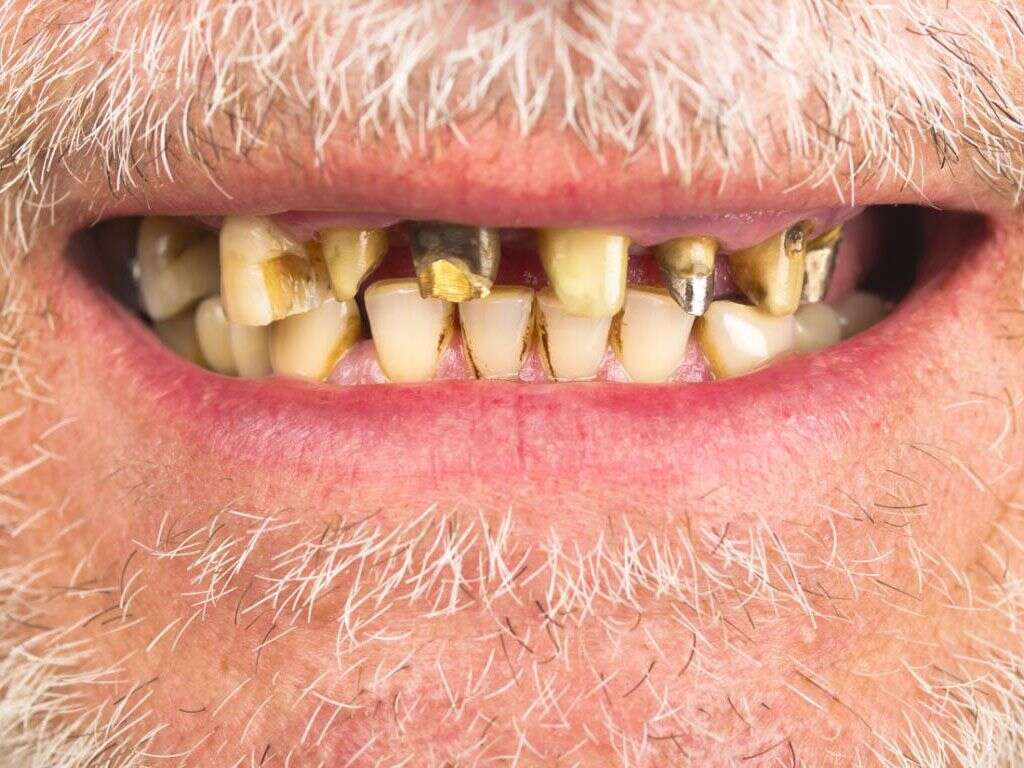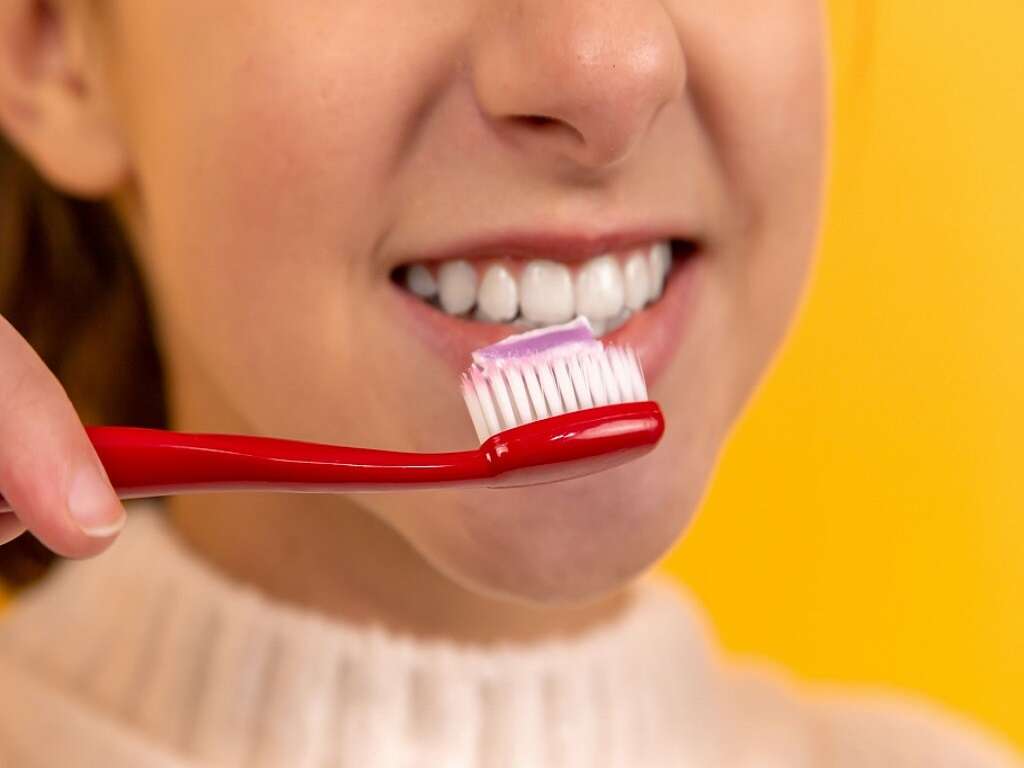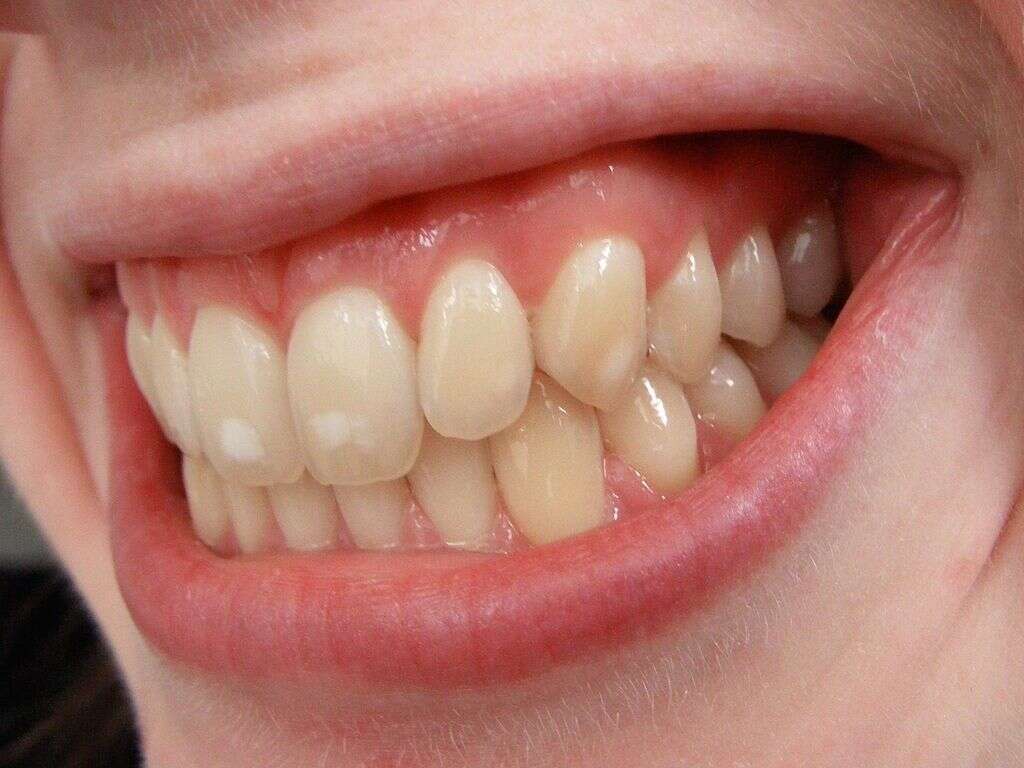10 Symptoms of Scurvy
In the days when explorers were sailing the seas to discover new lands, sailors were faced with various challenges. Fierce storms would often take lives but a limited diet could also be very dangerous. Such limited diets would sometimes lead to a condition known as scurvy.
Scurvy is caused by a lack of vitamin C 1https://medlineplus.gov/ency/article/000355.htm. The vitamin helps to bind our bodies together at the cellular level so without it, we will literally begin to fall apart. Sailors would often remedy this condition with limes, which are rich in vitamin C. This is how the English came by the nickname ‘Limeys’. Scurvy is potentially fatal, but also easily curable by giving the patient plenty of vitamin C.
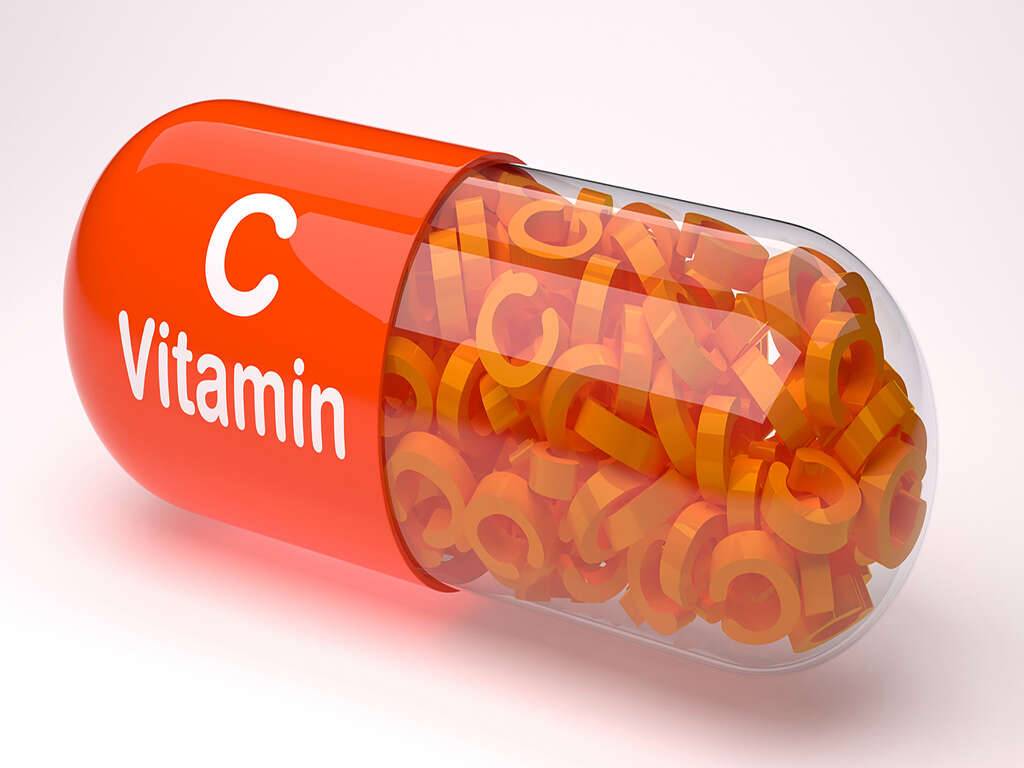
Symptom #1: Slow Healing Wounds
Whenever we pick up an injury, no matter how large or small, our bodies get to work to repair it. If we get a cut, for example, it will quickly scab over and underneath the scab, the body will be putting everything back together again. If somebody has scurvy, however, then the healing of such wounds will become slower.
Open wounds present a risk of infection as pathogens have a way to get into the body. Somebody with scurvy will also likely find that bruises are slow to heal. If you do find that wounds and bruises are not healing as quickly as they should, then arrange to speak with a doctor.
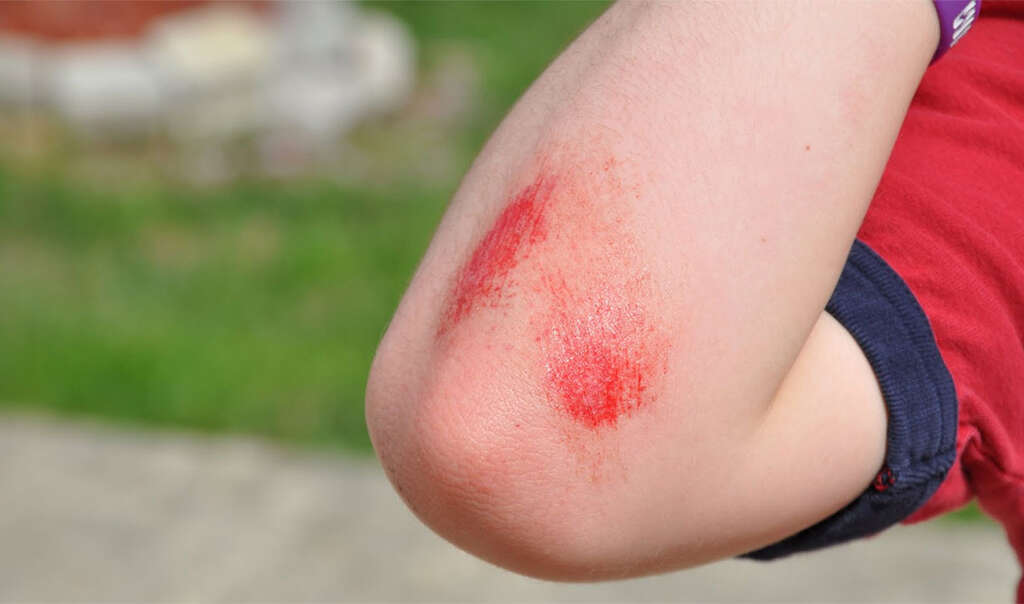
Symptom #2: Stiff Joints
The older we get, the more aches and pains we experience. Even when we are young, we can still experience stiff joints occasionally, although these will usually only be temporary. With certain illnesses, stiff joints can become a considerable problem, and one such illness is scurvy.
People with scurvy will often feel stiffness and pain in their joints and the level of pain can be quite severe. Even moving a little can be very painful, restricting the patient’s mobility considerably. The good news, though, is that adding some vitamin C to the diet should make the pain go away.
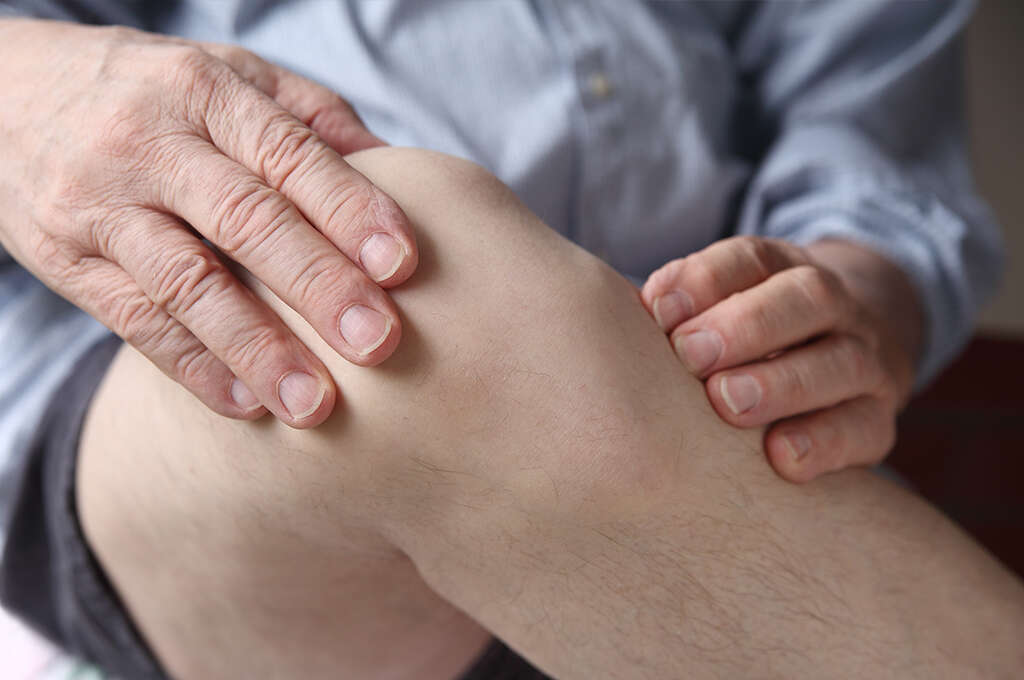
Symptom #3: Corkscrew Hair
We tend to spend a lot of time on our hair and how it looks. Some people are also more fortunate than others with their hair, with natural styles that are considered to be appealing. Others, though, are less fortunate and have natural hair that needs a lot of work to get it how they want. Sometimes, our hair can also be affected directly by an illness.
Scurvy causes a condition known as corkscrew hair, which causes otherwise healthy hair to develop twists and kinks. It also becomes very fragile, breaking easily, and bald patches can easily form. Hair that is in such poor condition could be a sign of numerous illnesses and is something that should be taken seriously.

Symptom #4: Depression
It’s difficult for us not to let life get us down at times. Bad things happen to us and to other people close to us, and this can have a big impact on how we feel. Usually, though, any down periods are only temporary and we will recover to enjoy life as we usually would.
Clinical depression, however, is not a case of simply being down. The patient will often feel terrible for no apparent reason and may even harbor thoughts of ending their own lives. Depression can be caused by scurvy and is a condition that should be taken very seriously.

Symptom #5: Fatigue
It can be pretty difficult to do much at all when you are low on energy. You can even make your best efforts but it is still difficult to get anything done. We may also get tired mentally as well as physically. Usually, we are able to restore our energy with food and rest, but illnesses can mean fatigue will stay regardless.
Patients with scurvy will often experience fatigue and it will be difficult for them to get things done. Fatigue can be caused by a number of things, some potentially serious, so you should see a doctor if symptoms persist. Fortunately, in cases of scurvy, a balanced diet with plenty of vitamin C can cure the problem.

Symptom #6: Irritability
Each one of us can become a little irritable from time to time. It may be due to lack of food or sleep, or maybe the people around us are just being too annoying. Such irritability is usually only temporary, though, but some illnesses can make us irritable on a more permanent basis.
One common symptom of scurvy is high irritability. It can make the patient difficult to be around and can also make the patient wish that they were alone. When working with scurvy patients it can be important to bear in mind that their irritability is not their fault and is caused by their illness.

Symptom #7: Myalgia
Our muscles are hard at work every day, even if we don’t have much physical work to do. With this in mind, it should come as no surprise that they can become tired, which will cause aches and pains. Such aches and pains in the muscles can sometimes be caused by an illness and it is a common symptom of scurvy.
In medical terms, pain in the muscles is known as myalgia. In scurvy patients, muscles all over the body can hurt but the pain is likely to be most intense in the legs. The pain can be unbearable in severe cases.

Symptom #8: Petechiae
When we are ill, it is quite common for us to experience symptoms on the surface of our skin. Bumps and rashes can be quite telling and help to point us in the direction of the right diagnosis. If somebody develops scurvy, one of the first symptoms would be for small reddish-blue spots to appear on the skin.
These small spots are known as petechiae and, although harmless in themselves, are an indicator that a potentially serious case of scurvy has set in. Regardless of the suspected cause, rashes and bumps are common indicators that something is wrong so you should arrange to see a doctor.
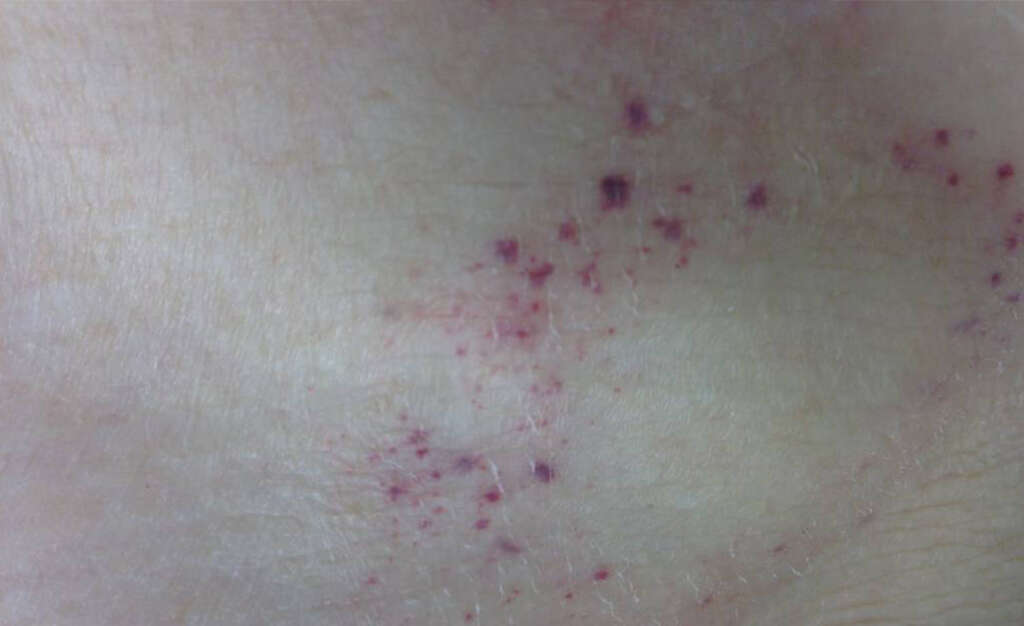
Symptom #9: Shortness of Breath
Iron in our blood has an affinity to oxygen which means it is able to transport oxygen around our body. Vitamin C helps us absorb iron and, with insufficient vitamin C, we will not be able to absorb the iron we need. This, in turn, means that our blood will not be able to transport sufficient oxygen around our bodies.
A lack of oxygen in the blood due to a lack of iron is known as iron deficiency anaemia. This can cause us to become lethargic, while it can also trigger the sensation of being short of breath. The condition is quite easily overcome by adding vitamin C to the diet.

Symptom #10: Bleeding Gums
Scurvy quite literally causes our bodies to begin falling apart at the cellular level. This causes a range of unpleasant symptoms and can even lead to death if left untreated. As you could imagine, some of the symptoms are really quite unpleasant and likely to catch your attention.
One common symptom and something that is quite synonymous with scurvy is bleeding gums. As the cells begin to fall apart from each other, so blood begins to seep out. They can also become quite swollen and painful. It’s a symptom that arises quite early and is a clear sign that you should seek help.
